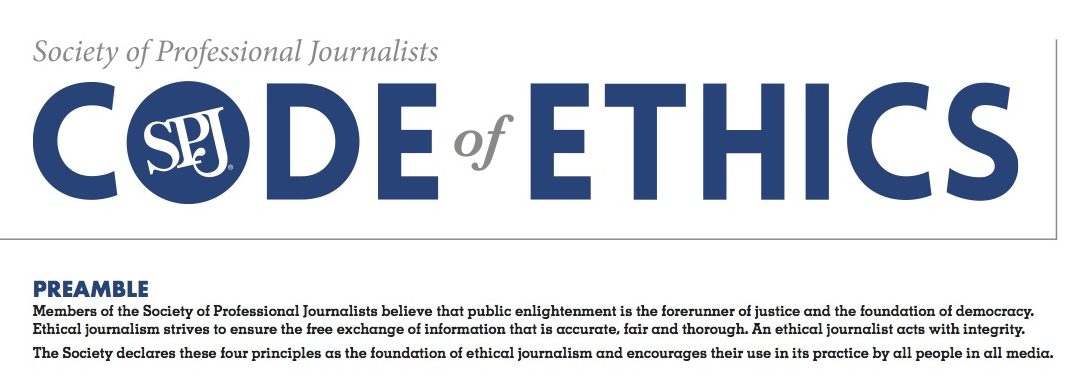Are education and religious liberty mutually exclusive?
Fresno Bee, May 5, 2017
College education generally makes us less religious, according to a new study from the Pew Research Center. Educated Christians are more likely to go to church on a weekly basis than uneducated Christians. But college graduates are less likely to say religion is “very important” in their lives.
 College graduates are also more likely to be atheists. Fifteen percent of those with advanced degrees do not believe in God, while only 6 percent of noncollege grads are atheists. Meanwhile, 42 percent of those without college education think that religious scriptures should be taken literally, compared with 14 percent of those with college degrees.
College graduates are also more likely to be atheists. Fifteen percent of those with advanced degrees do not believe in God, while only 6 percent of noncollege grads are atheists. Meanwhile, 42 percent of those without college education think that religious scriptures should be taken literally, compared with 14 percent of those with college degrees.
Science education make religious fundamentalism difficult to sustain. The Earth is a speck among hundreds of billions of stars. Our species evolved long after the dinosaurs went extinct. The land was once covered by ice powerful enough to carve out Yosemite Valley. None of this is recorded in ancient scriptures, which teach that the gods have a special interest in this planet and in human beings.
HISTORY AND ANTHROPOLOGY ALSO CHALLENGE RELIGIOUS FUNDAMENTALISM.
Traditional accounts of the soul are also being explained away. Biomedical science locates consciousness in the brain. And evil is explained in neurological or psychological terms instead of as a matter of demonic possession.
History and anthropology also challenge religious fundamentalism. The ancient Chinese or the Aztecs never heard of the Christian scriptures. Nor do Christian scriptures mention these ancient civilizations. This makes simplistic declarations about God difficult to understand. When we say “In God We Trust” in our diverse world, which God are we are talking about: Jehovah, Allah, or Quetzalcoatl?
Even within the Christian tradition there are disputes about God and revelation. Mormons, who comprise about 2 percent of the American population, believe that the Book of Mormon is a holy Christian scripture. Other Christians claim this is false.
Scriptural interpretation has evolved over time. The book of Joshua explains that God held the sun still in the sky in order to allow Joshua’s troops to slaughter their enemies. But after Galileo debunked the geocentric model underlying this story, it has been subject to reinterpretation.
Others have questioned the morality of a God whose miraculous power is used to slaughter an enemy. Evolving moral standards have led many Christians to reinterpret scriptures that contain morally problematic passages about slavery, the subordination of women, homosexuality, polygamy, divorce, and so on.
Religious belief has often been flexible and subject to reformation and reinterpretation. Religions evolve to take in new information and reflect new norms. We make sense of ancient texts in light of modern ideas.
Atheists may view all of this as an argument against religion in general. And indeed, a quarter of Americans have left religion behind – either affirming atheism or simply giving up on organized religion.
But religions are persistent. The diversity and flexibility of religious belief is a key to this persistence. Religions that don’t adapt go the way of the dinosaur. No one worships Zeus or Quetzalcoatl any more. But Christianity thrives because of the variety of Christian denominations. There are over 200 different versions of Christianity in the US. You can pick an interpretation that suits your preferences.
LIBERTY ALSO ALLOWS PEOPLE TO CHANGE RELIGIONS.
INDEED, ABOUT A THIRD OF AMERICANS CHANGE THEIR RELIGIOUS AFFILIATION.
Religious liberty thus helps religion to persist. Liberty allows for innovation and development. Liberty also allows people to change religions. Indeed, about a third of Americans change their religious affiliation.
In the free marketplace of religious ideas, religions sell themselves to people and reflect changing tastes. Catholics no longer say Mass in Latin. Protestants have embraced pop music. And Western faiths have incorporated meditation, yoga and other spiritual practices from Eastern traditions.
In the modern democratic and capitalist world, we value educated and informed choice. We want informed consent in health care, in financial transactions and in elections. We should also value informed choice when it comes to declarations of faith. In a democratic culture, we ought to learn about other faiths and shop around. We also ought to leave each other alone to pursue the religious quest in our own way.
Things may have seemed simpler when a common piety was enforced on the uneducated masses. Freedom and science do undermine traditional religious conformity. But modern democratic people have faith in the power of education and religious liberty to make this a better world.
http://www.fresnobee.com/living/liv-columns-blogs/andrew-fiala/article148835959.html




